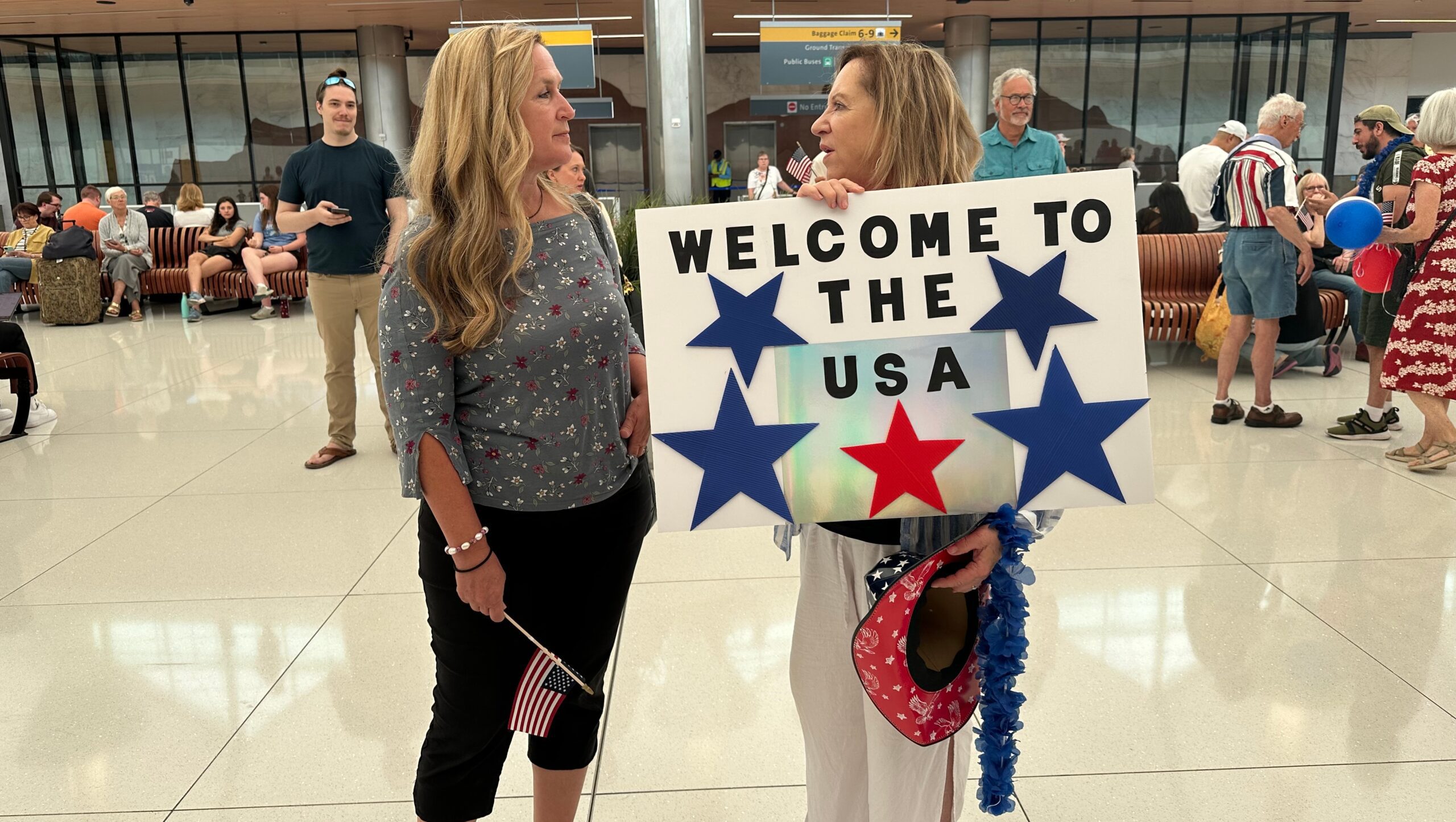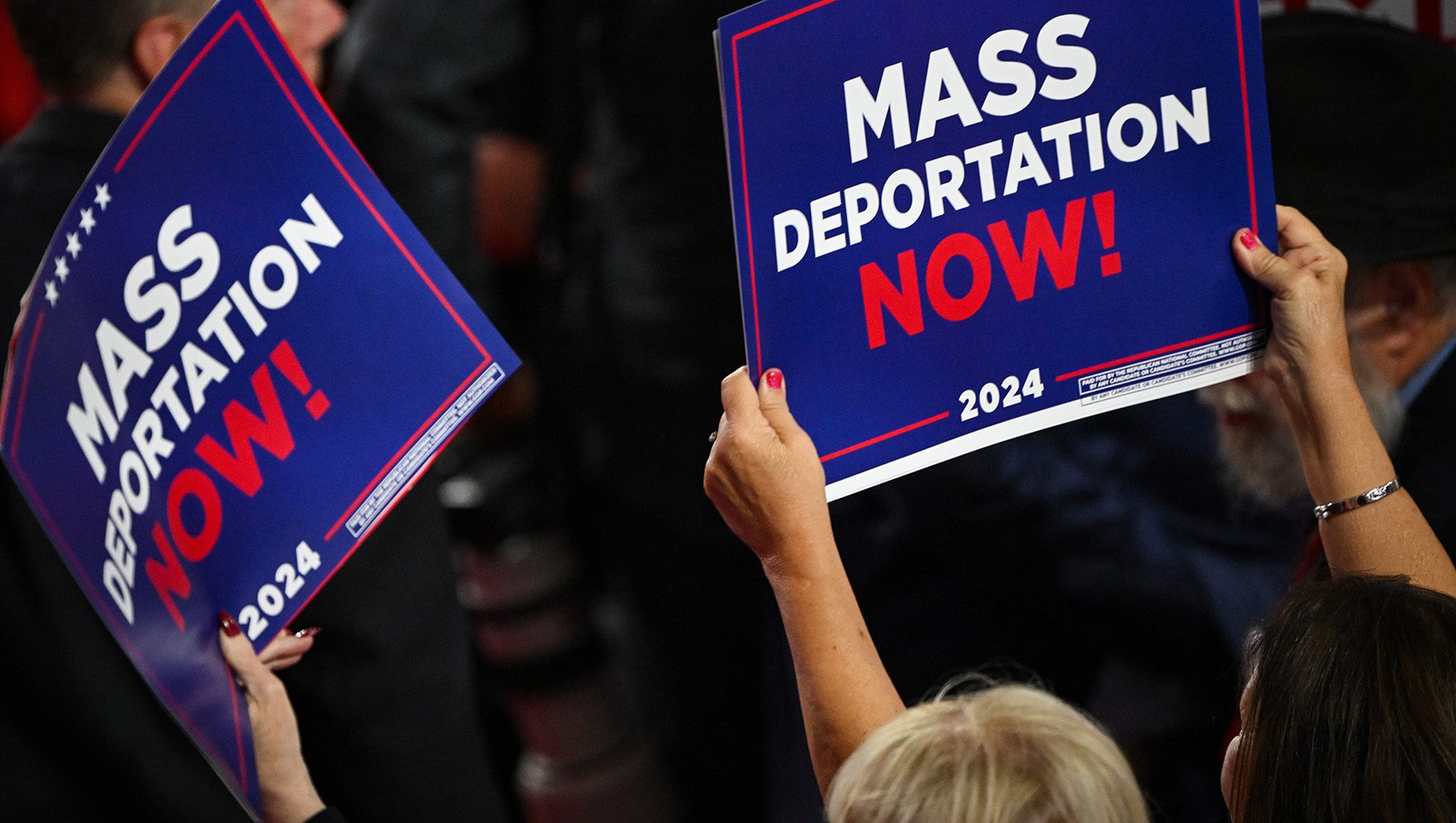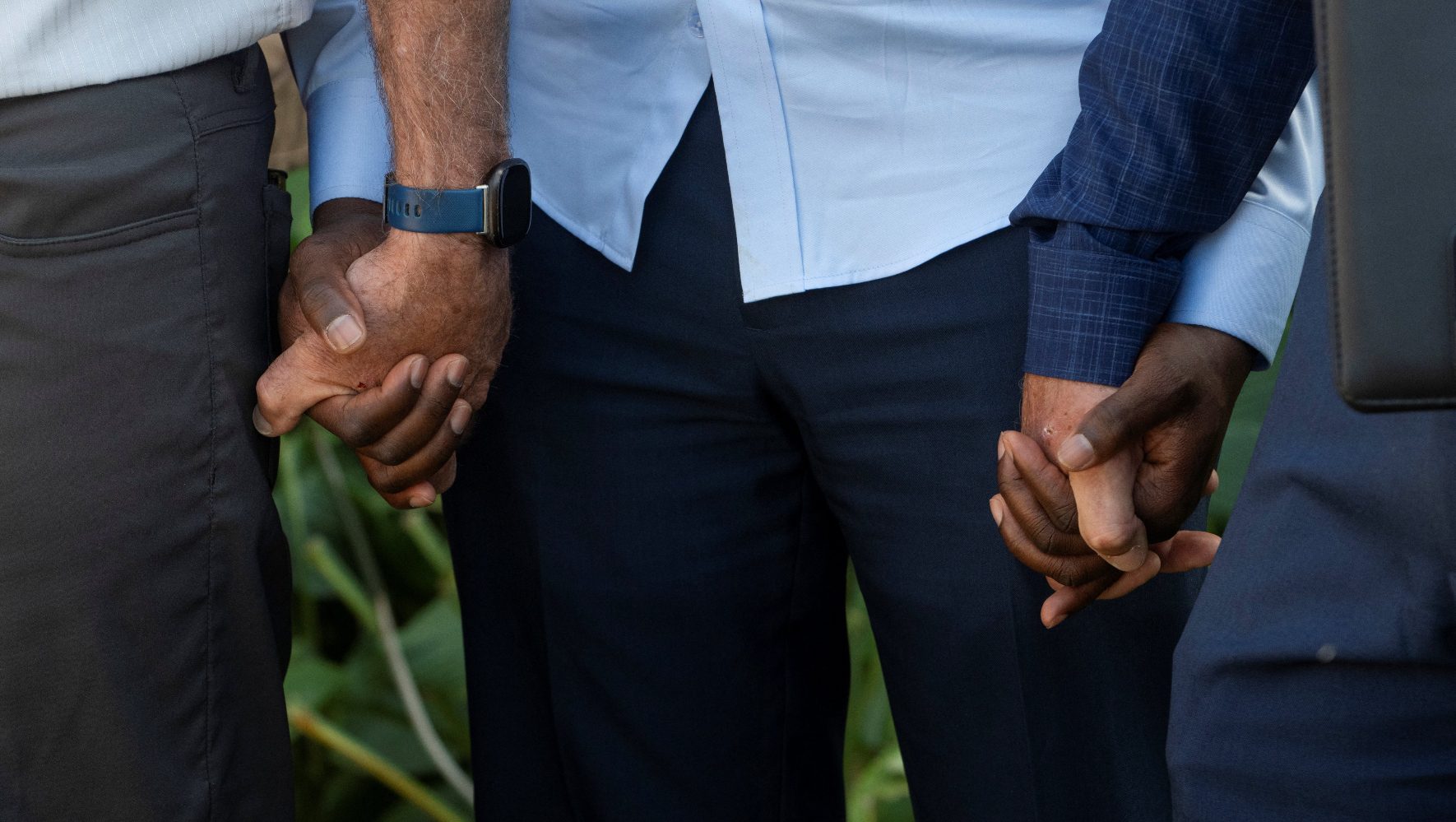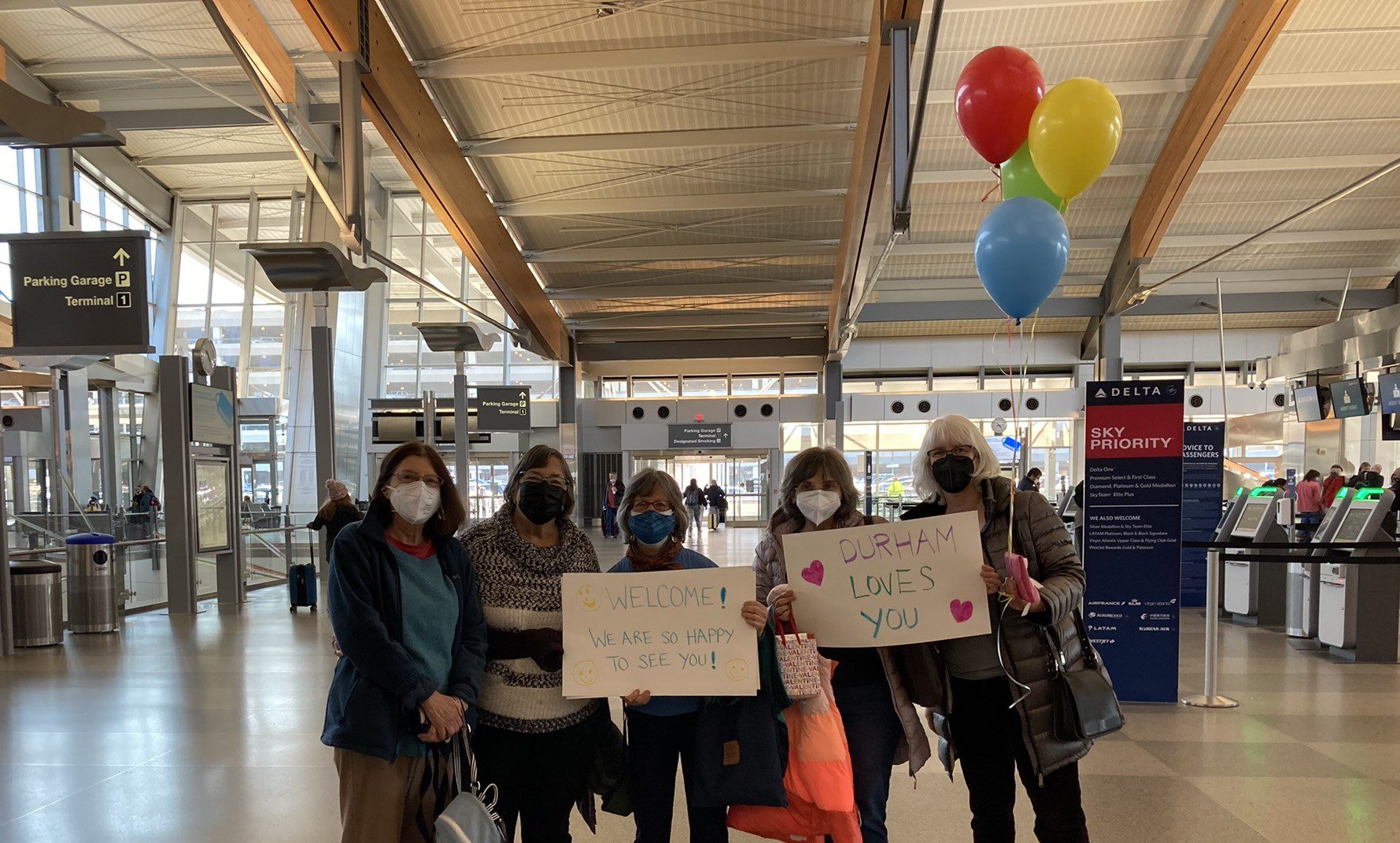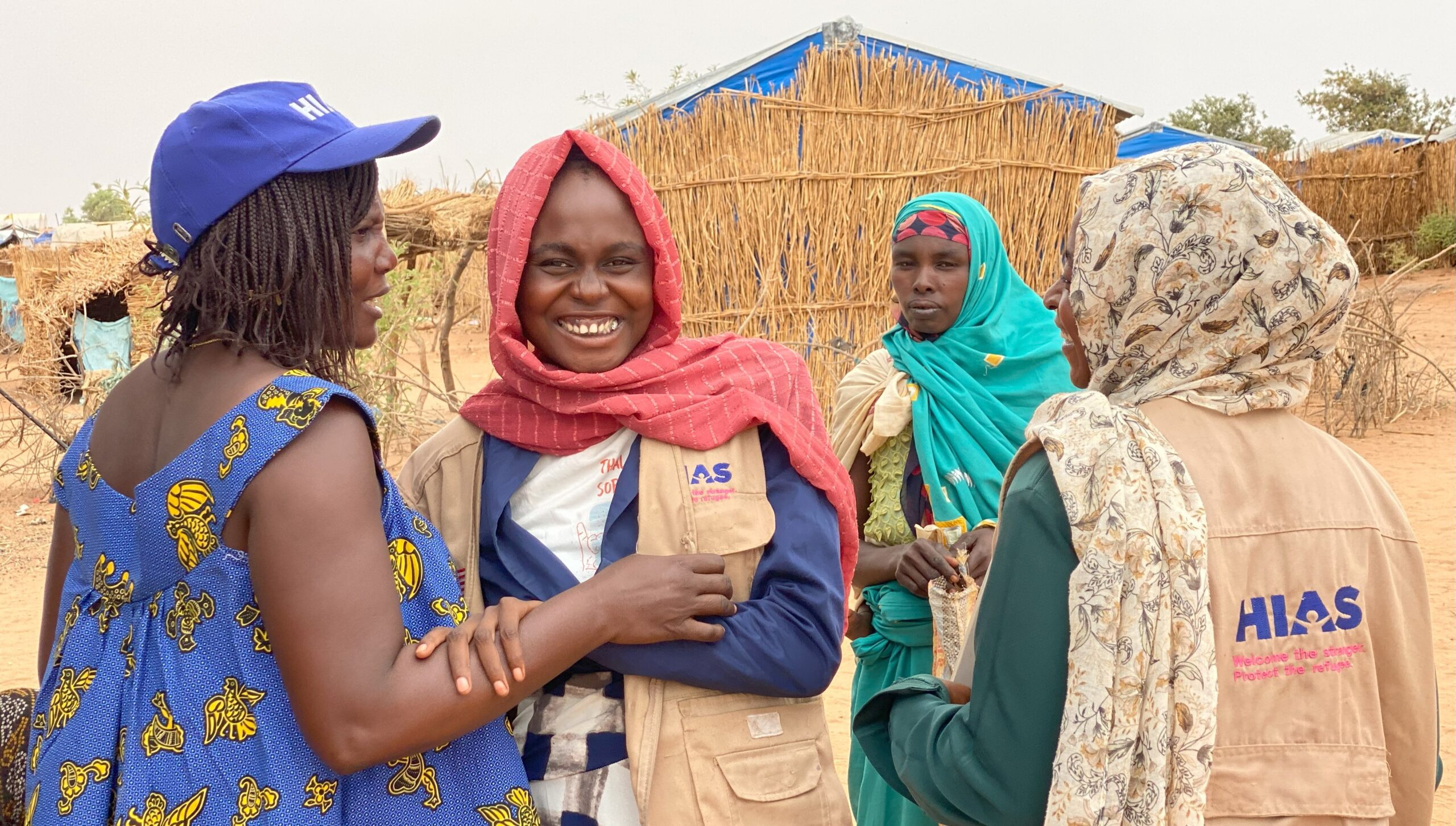
HIAS staff carry out a field visit to the Camp d’Aboutengué refugee camp in Chad to connect with community leaders, provide MHPSS support, and to monitor progress of participants, June 10 2024. (Moundi Kouakaine/HIAS)
In the field of humanitarian communications, storytelling is one of the most powerful tools we have at our disposal. Through storytelling, we can create empathy among diverse audiences, draw attention to challenges displaced people face, and demonstrate the positive impact that refugees have on their host communities.
However, telling the stories of asylum seekers and refugees is a task that should be approached with responsibility and professionalism. Sensitivity is essential to guarantee the physical and psychological safety, wellbeing, and protection of people who choose to speak up.
That’s why the communications team at HIAS has created a practical and short guide for communications professionals from the humanitarian sector who work with displaced populations. This way, we can share our knowledge and expertise on conducting effective and ethical interviews with displaced people.


